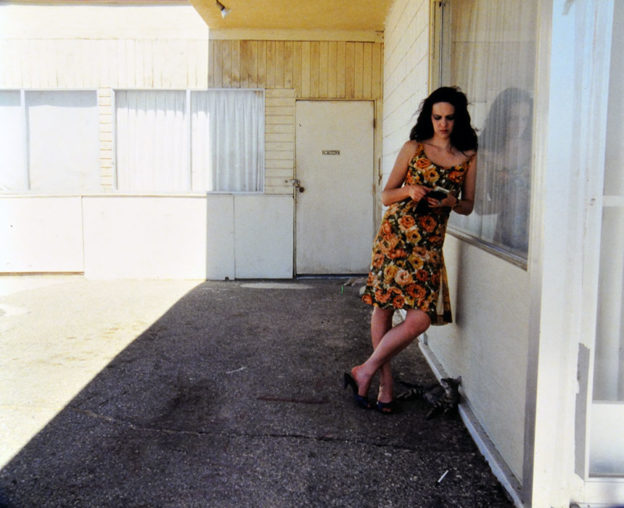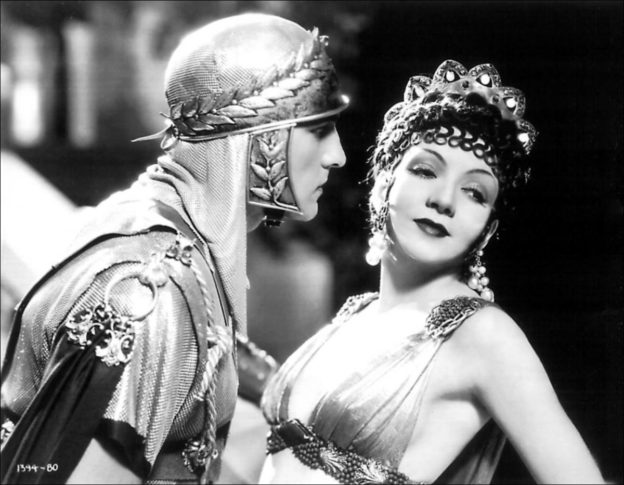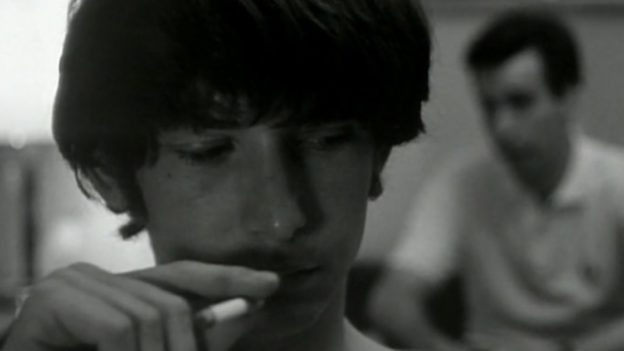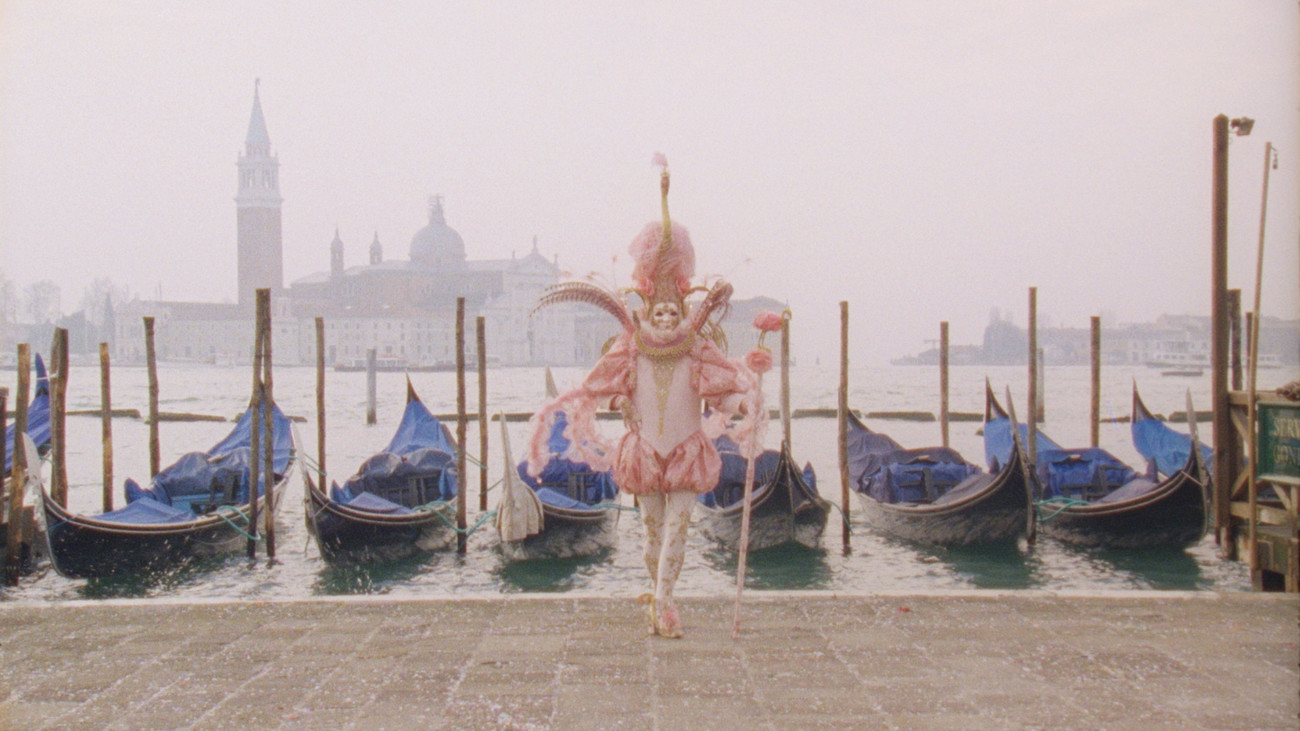“QUEEN OF DIAMONDS is my very personal portrait of the United States: an over-enlarged, profit-motivated core surrounded by mute and arid alienation. The female protagonist is both deeply estranged and psychically powerful. Her loner position is the backside of centuries of Western Heroes: she stands in the center as watcher and victim of a system which is starting to crack.” — Nina Menkes

The UCLA Film and Television program Nina Menkes, Cinematic Sorceress features a double-bill of two of Menkes’ key works—both starring her sister Tinka Menkes—including the 4K restoration of QUEEN OF DIAMONDS (1991). The filmmaker will be on hand to discuss her work.


“QUEEN OF DIAMONDS shares not only the formal sophistication and structural rigor of Barbara Loden’s Wanda (1970) and Chantal Akerman’s Jeanne Dielman (1975) but also their themes: female alienation and the ways that passivity, muteness, and a refusal to engage can serve as forms of resistance to patriarchal oppression. Ironically, these same themes helped to eclipse the three works—and many others like them—for too long.” — Sarah Resnick

QUEEN OF DIAMONDS and THE BLOODY CHILD
Saturday, June 15, at 7:30 pm.
Billy Wilder Theater, Hammer Museum
10899 Wilshire Boulevard, Los Angeles.
See Bérénice Reynaud on Menkes.

From top: Tinka Menkes in Queen of Diamonds (5); Tinka Menkes in The Bloody Child (2). Images courtesy and © Nina Menkes and Arbelos Films.



















